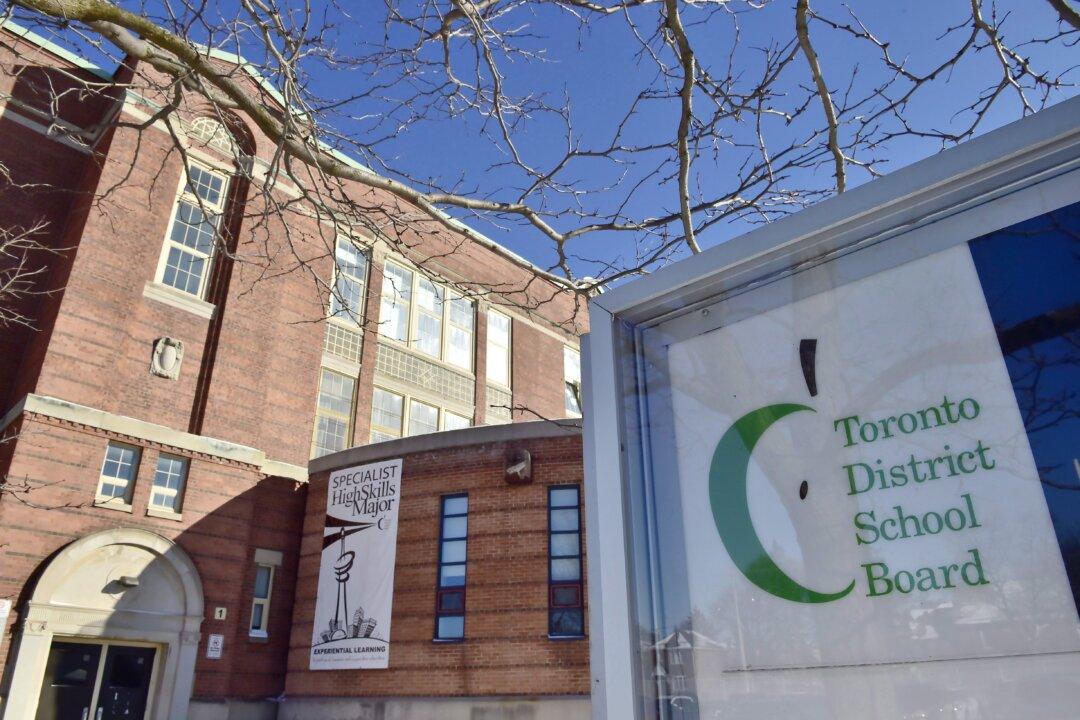Commentary
The good news is that, when it comes to academic achievement, Canadian students typically rank well above average. The bad news is that our raw scores have declined over the last 20 years.

The good news is that, when it comes to academic achievement, Canadian students typically rank well above average. The bad news is that our raw scores have declined over the last 20 years.